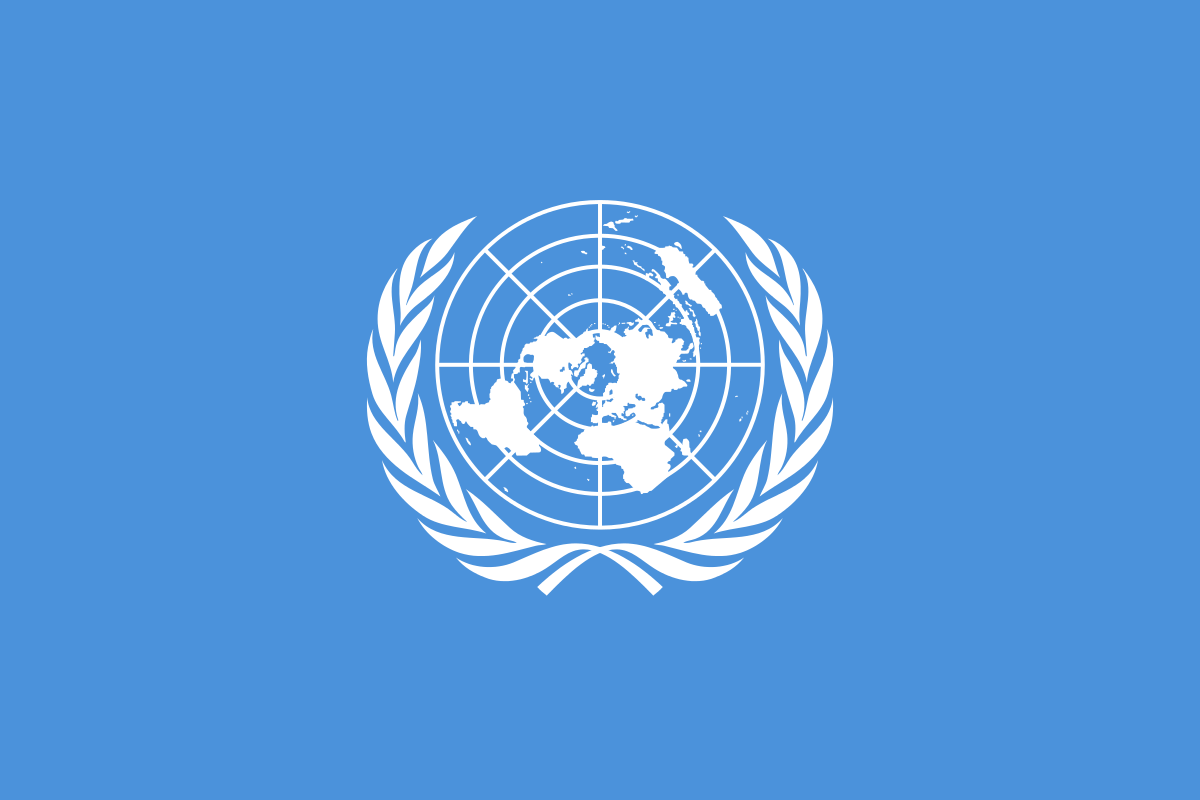
The year coming within days, 2021, is shaping up to be a humanitarian catastrophe and rich countries must not trample poor countries in a “stampede for vaccines” to combat the coronavirus pandemic, top U.N. officials told the 193-member U.N. General Assembly on Friday.
World Food Programme (WFP) chief David Beasley and World Health Organization (WHO) head Tedros Adhanom Ghebreyesus spoke during a Special Session of the United Nations General Assembly in response to the Coronavirus disease (COVID-19) Pandemic (Dec. 3-4, 2020), New York on Friday.
The pandemic has so far infected 65 million people globally.
The pandemic’s economic impact have fueled a 40% increase in the number of people needing humanitarian help, the U.N. said earlier this week. It has appealed for $35 billion in aid funding.
“2021 is literally going to be catastrophic based on what we’re seeing at this stage of the game,” said Beasley, adding that for a dozen countries, famine is “knocking on the door.”
He said: 2021 was likely to be “the worst humanitarian crisis year since the beginning of the United Nations” 75 years ago and “we’re not going to be able to fund everything … so we have to prioritize, as I say, the icebergs in front of the Titanic.”
U.N. Secretary-General Antonio Guterres and his top officials have also called for COVID-19 vaccines to be made available to all and for rich countries to help developing countries combat and recover from the pandemic.
Tedros appealed for an immediate injection of $4.3 billion into a world vaccine-sharing program.
“We simply cannot accept a world in which the poor and marginalized are trampled by the rich and powerful in the stampede for vaccines,” Tedros told the General Assembly. “This is a global crisis and the solutions must be shared equitably as global public goods.”
WFP chief David Beasley has warned that some 270 million people are now “marching toward starvation” and that, in some countries, famine is “around the horizon.”
“2021 is literally going to be catastrophic, based on what we are seeing at this stage in the game,” Beasley said, adding that “because we have spent $19 trillion, that money may not, and will not most likely be available for 2021,” even as economic contractions have already begun.
He said: We are now looking literally at 2021 being the worst humanitarian crisis year since the beginning of the United Nations, and we’re going to have to step up.
While Beasley said the pandemic and government lockdown policies are driving the disturbing trends – stating the “cure could be worse than the disease because of the economic ripple effect” – he noted that “man-made conflict” also had a role to play, naming ongoing wars in Syria, Yemen, and South Sudan.
“We have got to end some of some of these wars. We have got to bring these wars to an end, so we can achieve the sustainable development goals that we so desire,” he said, dubbing the conflicts, health crisis and looming famine as “iceberg in from of the Titanic.”
He said: “If we are strategic and put the funds to these particular icebergs before us, I believe that we can get through 2021, while we work with the vaccines and rebuild the economies.”
In August, the WFP head said the number of people facing malnutrition could spike by 80 percent by the end of the year, warning of a “famine of biblical proportions” as millions risk starvation. UNICEF, meanwhile, predicted in May that, in 118 low and middle-income nations, 1.2 million children under the age of five could die in the following six months, pinning the surge on declining access to medical care “due to lockdowns, curfews and transport disruptions.”
 Eurasia Press & News
Eurasia Press & News

